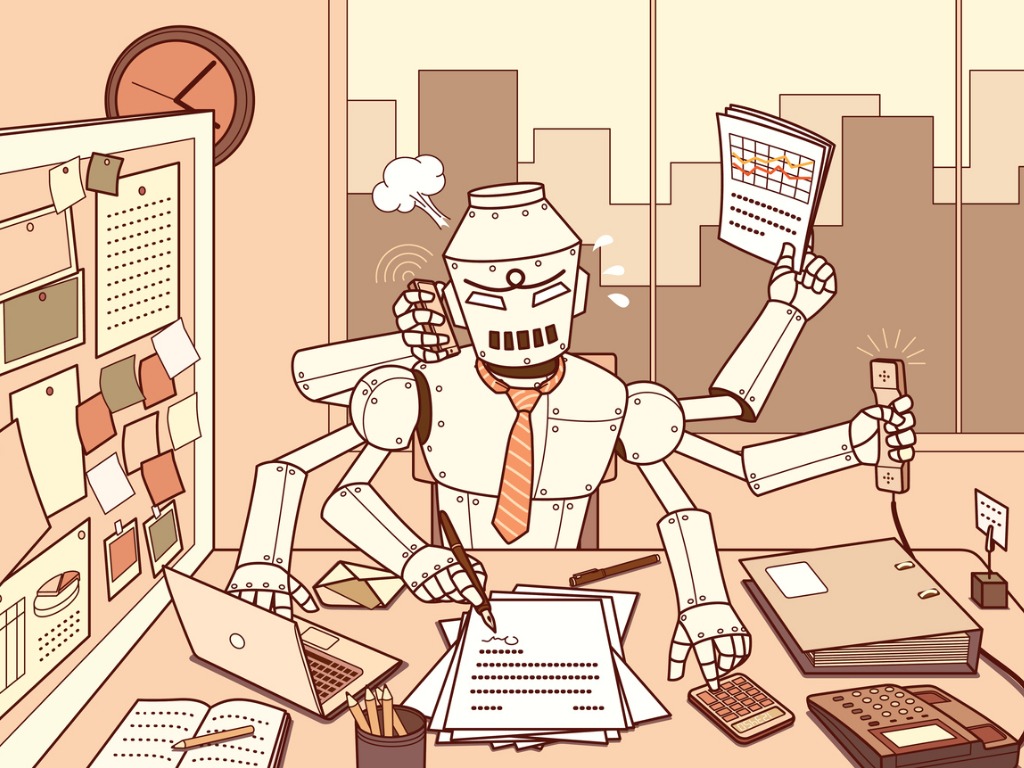The U.S. Digital Service, also known as the White House Startup, faces a challenge: it needs to hire tech employees. But it’s not as simple as recruiting a swath of talented engineers. Recruits need the right attitude, mindset, and work experience; they must be willing to move to Washington D.C. for a temporary (3 month to multiple year) tour; and they must also be willing to take a pay cut. But there’s one thing about USDS that they believe attracts those talented few: the mission sells.
And some powerful political influencers are catching on to that. Senator and Democratic presidential candidate Kamala Harris has introduced a bill to broaden the ripple effect of the U.S. Digital Service. If enacted, the Digital Service Act of 2019 would both double down (well, triple) the existing U.S. Digital Service’s funding over the next 8 years to $50 million annually, and allocate $15 million annually to expand the program to state and local governments.
Subscribe to the Crunchbase Daily
Yesterday, I caught up with the always passionate USDS Administrator Matt Cutts and the Director of the Defense Digital Service Chris Lynch to talk about USDS’s goals and thoughts on the expansion of the U.S. Digital Service. Of course, as a non-partisan project funded by the federal government, the team isn’t able to comment on pending legislation, nor was it involved in the drafting of the Kamala Harris bill. But funding, expansion, and local efforts are something the Service is always mindful of.
Overall, the USDS operates with a “let’s work ourselves out of a job” kind of mentality. The team of about 180—led by Cutts, Lynch, and other seasoned tech leaders—has taken on some of the most complicated, backlogged, inefficient processes in government. Cutts said he can envision an expansion where the Service could help other agencies and departments. Giving USDS a more powerful budget could allow it to recruit more efficiently.
“There’s a lot of opportunity where we have a whole lot of people who want us, but that we don’t have staff for,” Cutts said. And a side effect of USDS projects is that the government wastes much less on other technology projects, according to Lynch.
While Senator Harris’s bill could help with funding and recruitment at the federal level, the bill’s goal of bringing the USDS to a government near you may prove challenging.
Having experienced the challenges that come with building the USDS, Lynch and Cutts told Crunchbase News that individual contributors and leaders hired at local levels must keep in mind the importance of delivering minimum viable products and results early. Not doing so can have long-term consequences, and governments often have a long memory for failure, unlike many born and bred in the Bay Area startup culture.
“If you hire the wrong people, they can do a lot of damage, burn bridges, and turn people off of a specific approach for 5 to 10 years,” Cutts said. Lynch echoed the same concern: “You can look at the history of state, local, and federal acquisitions, and watch what happens when we hire the wrong people to do the wrong things.”
On the other hand, Cutts said that “patience is a virtue.”
“It took us a long time at various agencies before we were able to build a working relationship,” Cutts said. But becoming advocates for non-technical agency counterparts and doing good work by making their lives and the lives of their constituents easier reaps long-term benefits—for the Service and the government.
For now, the team is hard at work finding talent that is interested in (at least temporarily) leaving behind high-paid, cushy tech-jobs. That comes down to showing them that working for the Service has long-term effects on people’s lives–more than a coffee-making robot or an email organizer ever could.
“There is nothing in the world that’s like joining a mission in which you have one goal: to change, save, or alter the course of a person’s life,” Lynch said. “And that is, at the end of the day, what I fundamentally believe the Digital Service is about.”
As for the Kamala Harris bill, whether or not it passes, it’s at least a sign that more and more individuals, on both sides of the aisle, are realizing the potential that bringing talented, tenacious techies to the government can do both for the functioning of the bureaucracy and its budget.
iStock Photo / VichanChairat

Stay up to date with recent funding rounds, acquisitions, and more with the Crunchbase Daily.







![Illustration of stopwatch - AI [Dom Guzman]](https://news.crunchbase.com/wp-content/uploads/Halftime-AI-1-300x168.jpg)



67.1K Followers